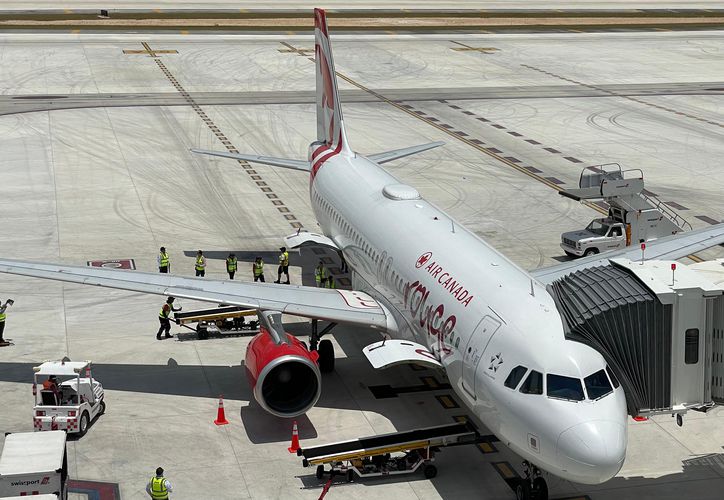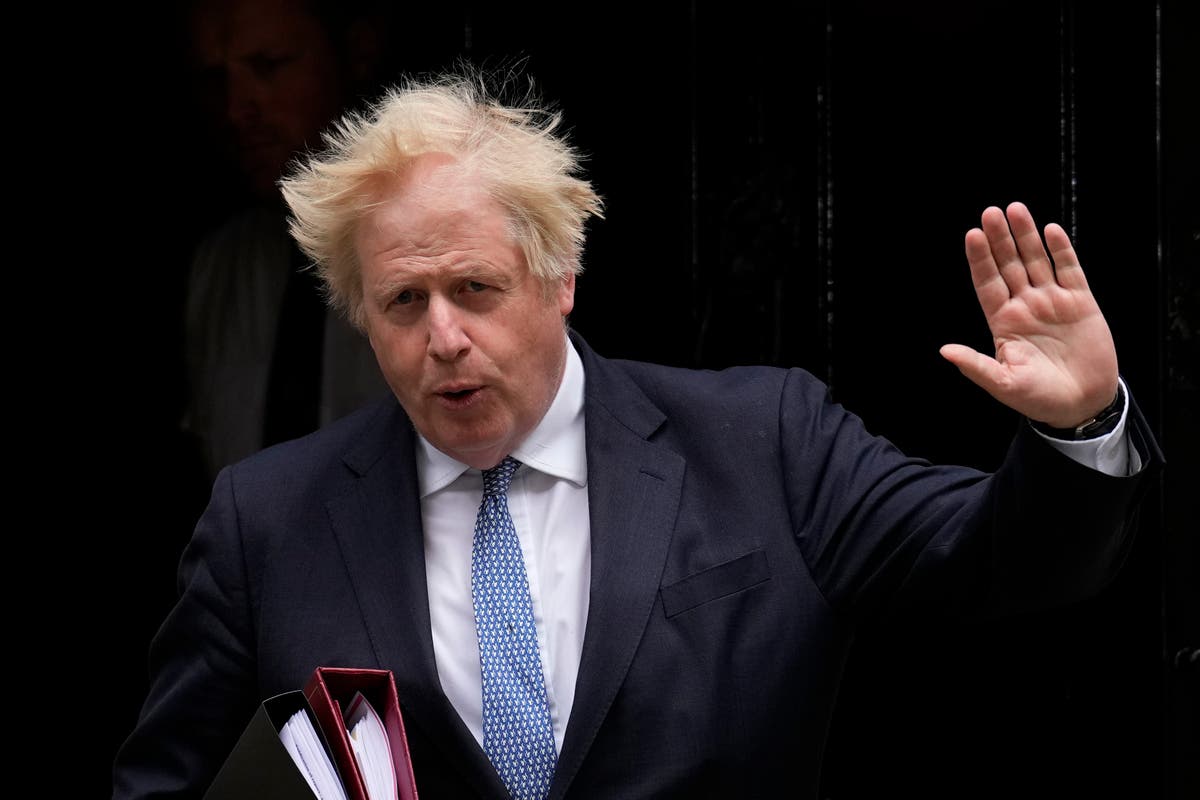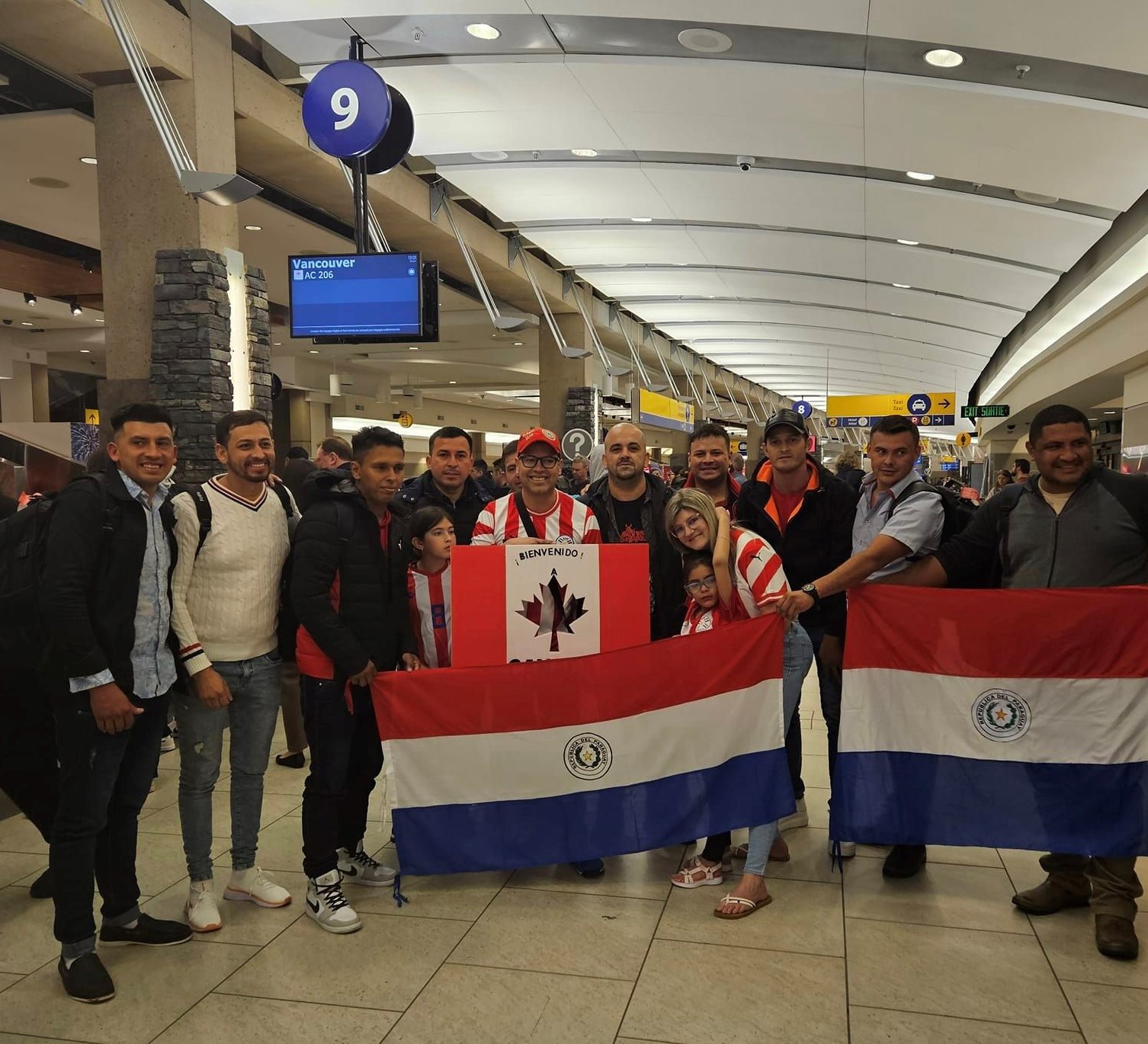Canadian government officials have repeatedly acknowledged that Cuba is a dictatorship that violates human rights. In 2009, Peter Kent, then Secretary of State, declared Cuba a “dictatorship, no matter how you change it.” In 2016, when asked if Fidel Castro was a dictator, Prime Minister Justin Trudeau answered yes.
Canada has repeatedly made human rights recommendations to the Cuban regime. in 2018, Recommended To ensure that “every detained person is informed without delay of the reasons for his detention, that he has the right to contact a lawyer of his choice, and that he has a public hearing within reasonable periods of time in which his innocence is presumed.” It also recommended the immediate elimination of “harassment and intimidation of activists,” including “short-term precautions and house arrest.” Canada has not only admitted that citizens detained in Cuba are “presumed guilty until proven innocent” and that they “may be held pretrial or without charge,” but also that “the reasons for their detention are not always clear. Charges have been brought” with lengthy delays and investigative and judicial processes long “.
Recently, when the Cuban regime brutally suppressed the peaceful demonstrations of the Cuban people on July 11, Foreign Minister Marc Garneau met with his Cuban counterpart to express his “deep Canada’s concern over violent repression of demonstrations In Cuba, particularly the repressive measures against peaceful demonstrators, journalists and activists, as well as arbitrary arrests.” The minister argued that the Cuban people “want and deserve their right to freedom of expression, assembly and democracy.” Ottawa once again recognized the dictatorial character of the Cuban regime.
Although Canada publicly acknowledged the systematic violations of the rights and freedoms of Cubans, these violations did not affect its bilateral relations with the Havana regime.
These actions of the Canadian government, while recognizing the gross violations of human rights in Cuba, highlight the legitimacy of the democratic demands of the Cuban people. The social explosion of July 11, which resulted in hundreds of arrests, also showed that Cubans want to free themselves from the yoke of the dictatorship that plunged the country into poverty and oppression for more than 60 years.
However, although Canada publicly acknowledged the systematic violations of the rights and freedoms of Cubans, these violations did not affect its bilateral relations with the Havana regime. In contrast to Canada’s treatment of other authoritarian regimes, relations with Cuba continue as usual.
Not only does Ottawa provide direct financial aid to the Havana regime (in addition to trade with the island of more than $1 billion annually), but it has also aligned its international development programs. with certain priorities “Determined by the Cuban government.” Other authoritarian regimes do not enjoy the same treatment. For example, Canada provides humanitarian aid to North Korea through multilateral partners, and It does not make direct financial contributions to the North Korean government Or for North Korean organizations. In August 2018, Canada Suspended its direct bilateral financial assistance to the Government of Nicaragua.
Regulations that systematically violate the rights and freedoms of citizens are subject to sanctions in various ways by the Canadian government. For example, Canada imposed sanctions on those responsible for the Venezuelan crisis and reduced the sanctions Diplomatic relations with Venezuela “To accelerate the peaceful restoration of democracy in the country.” Sanctions have also been imposed on key members of the Nicaraguan government for “gross and systematic violations of human rights”.
It is important to note that Cuba has not followed up on the human rights recommendations made by the Canadian government.
Thus, while Canada suspends direct bilateral financial aid to some countries that systematically violate human rights, punishes key members of those governments and curtails diplomatic relations with them, Cuba remains an exception. If human rights are universal, Canada should not treat the Havana regime any differently.
It is important to note that Cuba has not followed up on the human rights recommendations made by the Canadian government. Instead, as Amnesty International’s latest report notes, the Cuban government continues to suppress dissent “in all its forms, imprisoning politicians, independent journalists and artists”. He also continues to harass and intimidate writers, members of the LGBTI community, and academics.
the most recent European Parliament Resolution on Human Rights and the Political Situation, which was adopted in June 2021, indicates that since the entry into force of the Agreement on Political Dialogue and Cooperation, four years ago, only Cuba has made any progress towards the goals set out in the Agreement on the Improvement of Human Rights and the Economic Situation. Of the Cubans, but also that “the Cuban regime intensified its repression and violations of human rights, and the deterioration of the situation for the entire Cuban society continued, which provoked a new wave of resistance and peaceful demonstrations from important sectors of the repressive structures of Cubans. The regime brutally suppressed and crushed it.”
Prime Minister Jean Chretien’s policy of “constructive engagement” with Cuba did not lead to democratization or an improvement in the human rights situation. The current government, for its part, does not appear to be interested in promoting the rights and freedoms of Cubans, at least in the same way that it does with other peoples. It is time for Ottawa to rethink its bilateral relationship with the Havana regime. To do this, you must find a balance between Realpolitik that characterize its bilateral relationship with Cuba and its commitment to promoting democracy and human rights. It is the Cuban people, not the authoritarian regime in Havana, who need Canada’s support.
________________________
Cooperation with our business:
Team 14 Medi He is committed to doing serious journalism that reflects the true depths of Cuba. Thank you for joining us on this long road. We invite you to continue our support but this time Become a member of our magazine. Together we can continue to change the press in Cuba.




/cloudfront-us-east-1.images.arcpublishing.com/radiomitre/3DYWODA22RGATHQBBY3IQSPS4M.jpg)
